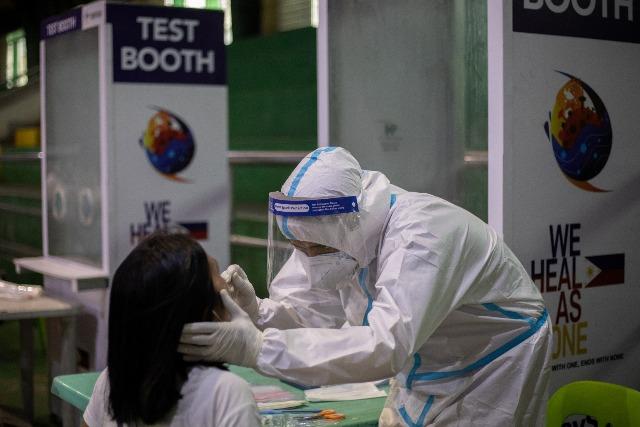Nursing home staff lag in COVID-19 vaccinations; Celiac disease does not boost COVID-19 risks

The following is a roundup of some of the latest scientific studies on the novel coronavirus and efforts to find treatments and vaccines for COVID-19, the illness caused by the virus.
Nursing home staff lag in COVID-19 vaccinations
Residents of nursing homes are among the most vulnerable to severe COVID-19, but vaccinations appear to be lagging among staff members who care for them.
By mid-January, roughly 714,000 US nursing home residents and 582,000 staff members had received at least one dose of a COVID-19 vaccine, US Centers for Disease Control and Prevention (CDC) researchers estimated.
When nursing homes were grouped by state, the average percentage of vaccinated residents ranged from 68% to 100%, while the average proportions of vaccinated staff ranged from only 19% to 67%, the CDC said.
In a commentary published on Wednesday in JAMA, CDC researchers said that on average nationwide, no more than about one third of nursing home staffers had been vaccinated, which "is concerning because this population is at occupational risk for exposure to SARS-CoV-2."
They said barriers to staff vaccination, including shift work schedules and lack of paid sick leave for vaccination side-effects, must be addressed. "Communication and outreach strategies are needed to improve vaccination coverage among this priority population," they said.
Celiac disease does not boost COVID-19 risks
Celiac disease does not increase patients' risk for infection or severe illness from the new coronavirus, new data show.
People with celiac disease have defective immune activity and are known to be more vulnerable to a variety of viral infections, raising concerns they might also be more vulnerable to COVID-19.
But when researchers used national databases in Sweden to compare 40,963 people with celiac disease to 183,892 similar people without it, they found no differences in risks of infection, COVID-19 related hospitalization, critical illness requiring intensive care, or death from the disease.
In a report published on Thursday in Clinical Epidemiology, the authors note that Sweden has imposed only limited social distancing regulations, and "the lack of a generalized lockdown is likely to have increased the number of individuals exposed to COVID-19."
In this setting, they report, the risk of hospitalization for COVID-19 was about 1-in-1000 and the risk of being diagnosed with COVID-19 was about 1%. "There was no difference in these outcomes when comparing celiac disease patients to controls." -- Reuters



